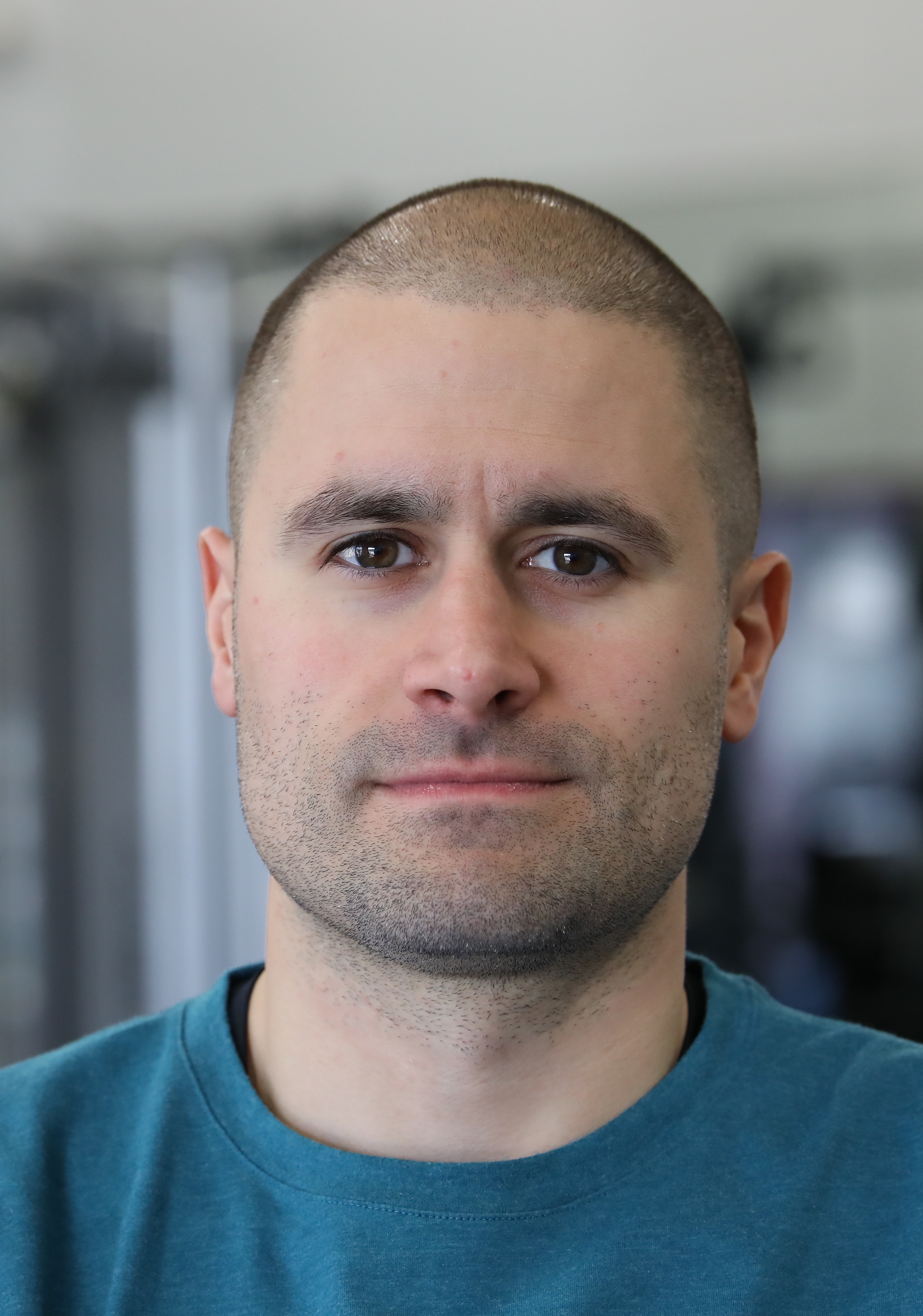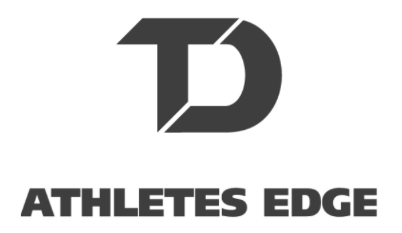GUEST BLOG BY KAITLYN WEISS: SHOULD YOU INVEST IN THE NEXT GREAT HEALTH TECHNOLOGY?
Kaitlyn Weiss is currently finishing her PhD in biomechanics and athlete monitoring at Auckland University of Technology in New Zealand. She has a background in kinesiology, biomechanics, and strength and conditioning and is passionate about injury prevention and performance in sports. You can connect with her on:
Facebook (https://www.facebook.com/kaityjean)
LinkedIn (https://nz.linkedin.com/in/kaitlyn-weiss-9b39356a)
Instagram (@kaitweiss)

When it comes to training, there is a constant barrage of new technology that’s supposed to revolutionize how we perform, recover, and stay injury-free. Though many companies claim to do everything from calculate intensity, fatigue, speed, strength, and power, the question seems to have shifted from should I get this to how many do I need. Before you invest your money and time into the latest technology, here are a few things to consider before you swipe your card.
1. Will this tell me something I don’t already know, or will it provide evidence to support training and or rehabilitation strategies?
A lot of time as coaches, we need a means of measuring and monitoring certain variables in order to more effectively plan training or rehabilitation programs for our athletes. If your interested in sprinting, for example, will GPS give you the most accurate and important data to let you know if your athletes are on track? Likewise, will a sleep monitor provide you with relevant information that will enable you to better train sprint skills with your athletes? With any technology or monitoring, the key is always to first make sure that the information your gathering is actually something you need, will use, and that will support your larger goals in terms of performance, and injury management or prevention with your athletes.
2. Is it easy to use?
Perhaps easily overlooked but very important is ease of use. In my experience, if the technology is too complex, you won’t use it. If set up and processing time is a lengthy and grueling process, its unlikely you’ll continue to use it long term. Most companies will allow you to trial or demo devices before you purchase them, so consider doing so before you place your order.

3. Will the athletes use them?
If the technology you are interested requires your athletes wear or run them themselves, then this is something you need to consider. My suggestion would be to trial it first on yourself. If you find it cumbersome to wear or use, then you are going to have a very difficult time getting your athletes to use them. Make sure that they are simple, comfortable, or relatively noninvasive. Even the best technology is useless if it goes unused.
4. Are they reliable?
A lot of companies claim to have technology that can do pretty much everything under the sun. Like most things, if something sounds too good to be true, it probably is. My suggestion is to do your research, ask questions, trial things, and speak to other people who use them. In my own research, I use wearable technology, and while its good, it is by no means perfect. Make sure to research the different companies providing similar technology, see if research has been done in terms of reliability and validity, and ask to see the data. If you have any sort of inclination that the data they are suggesting it can provide is probably not feasible, do a bit more digging to be sure.
5. Will they make what I do in practice and in the gym better and more effective?
At the end of the day, if it doesn’t make what you do better or it doesn’t help you, then its not worth it. I’ve seen coaches collect tons of data they never use. Keep it simple, if it doesn’t help, then it’s wasting your time, your athletes’ time, and your money.
ABOUT THE AUTHOR

Tim DiFrancesco, PT, DPT spent 6 seasons as the Head Strength & Conditioning Coach of the Los Angeles Lakers and is the founder of TD Athletes Edge. He is nationally renowned for his evidence-based and scientific approach to fitness, training, nutrition, and recovery for athletes and fitness enthusiasts.
